Biases Cartes mentales - Galerie publique
Explorez notre vaste collection publique de cartes mentales biases créées par des utilisateurs Mindomo du monde entier. Vous trouverez ici tous les diagrammes publics relatifs à biases. Vous pouvez consulter ces exemples pour vous inspirer. Certains diagrammes vous donnent également le droit de les copier et de les éditer. Cette flexibilité vous permet dutiliser ces cartes mentales comme modèles, ce qui vous fait gagner du temps et vous donne un point de départ solide pour votre travail. Vous pouvez contribuer à cette galerie avec vos propres diagrammes une fois que vous les avez rendus publics, et vous pouvez être une source dinspiration pour dautres utilisateurs et figurer ici.


Biases
par hunny bunny


Factors facing Women in Science
par Fady Waheed
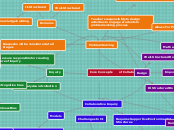

Revised Core Concept Map - PME 801
par Emily Wood
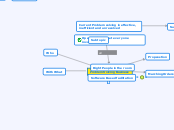

Concept Map
par mmchayes .
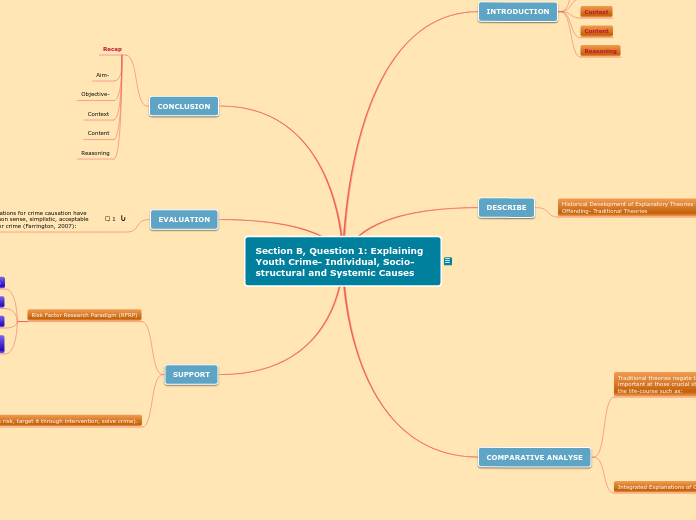

Section B, Question 1: Individual Explanations of Youth Crime
par Gillian Dickinson
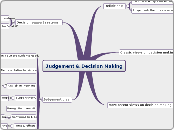

Judgement & Decision (ACS)
par Darren Smith
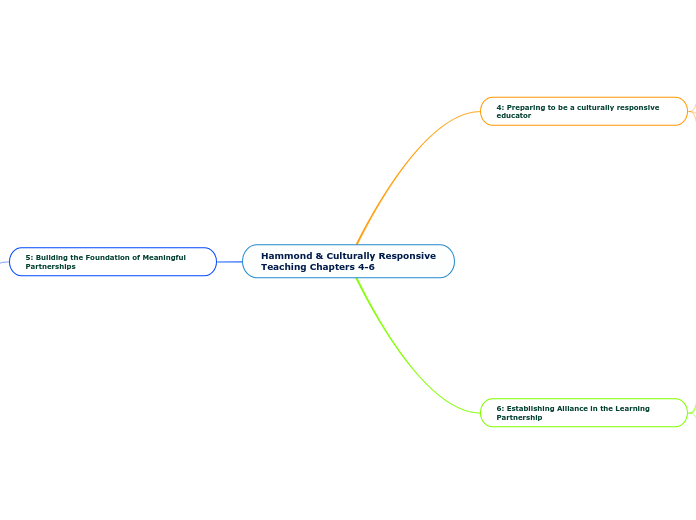

Hammond & Culturally Responsive Teaching Chapters 4-6
par Jena Olalia
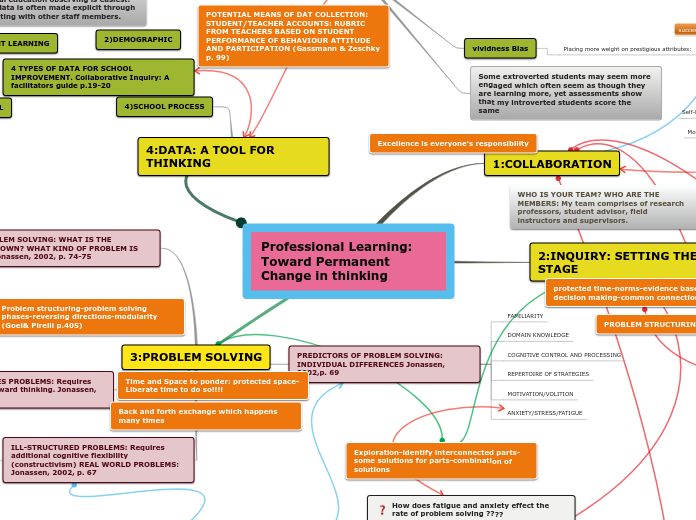

Professional Learning: Toward Permanent Change in thinking
par Jessica Mocella
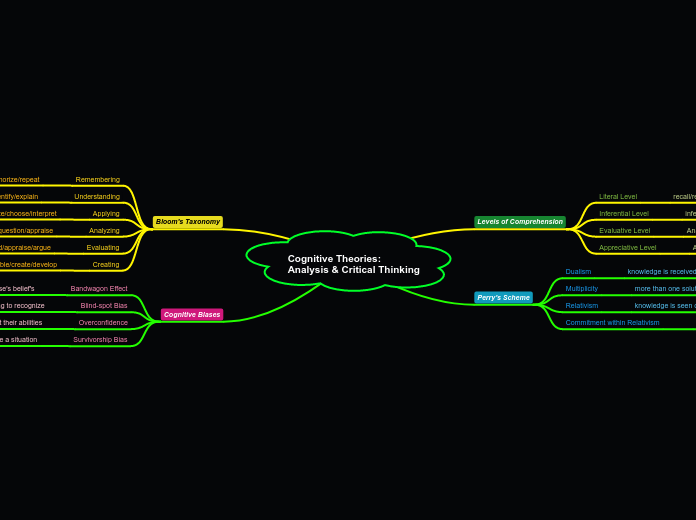

Cognitive Theories: Analysis & Critical Thinking
par Jackie Figueroa
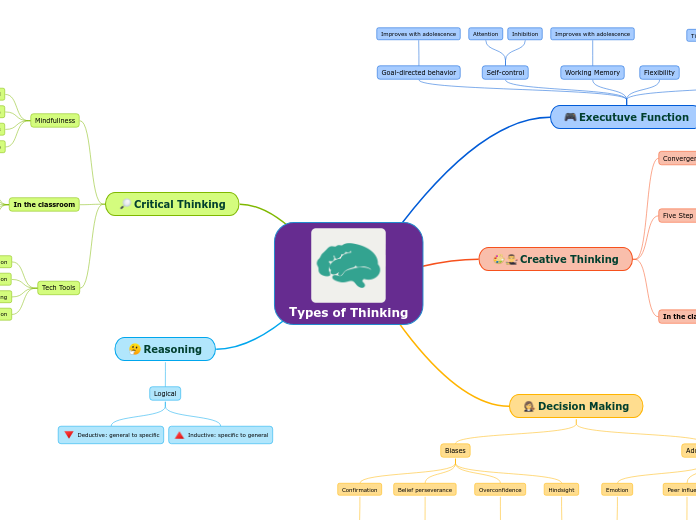

Types of Thinking
par Sarah Kingzack
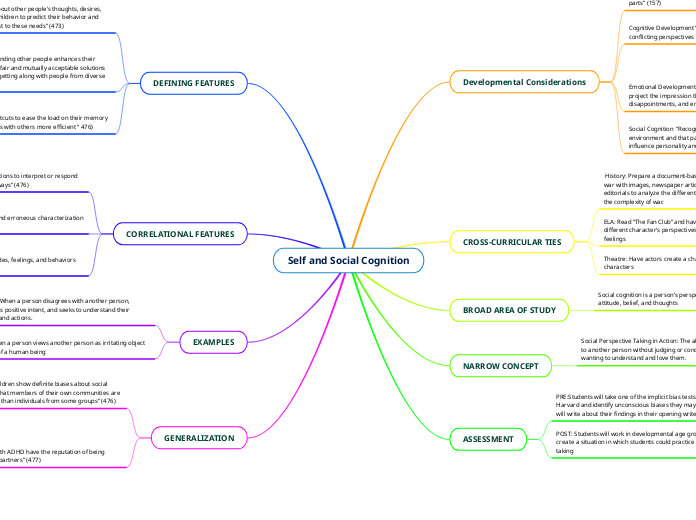

Self and Social Cognition
par Nancy Chaffin
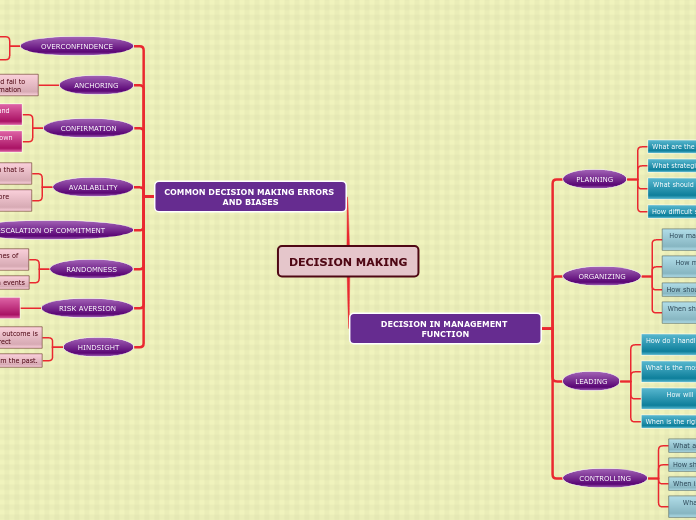

DECISION MAKING
par Ellishya Khirudin
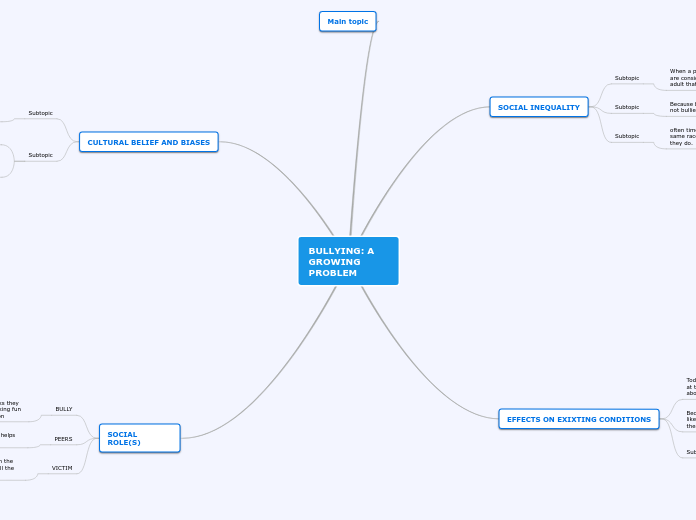

BULLYING: A GROWING PROBLEM
par Linda McCauley
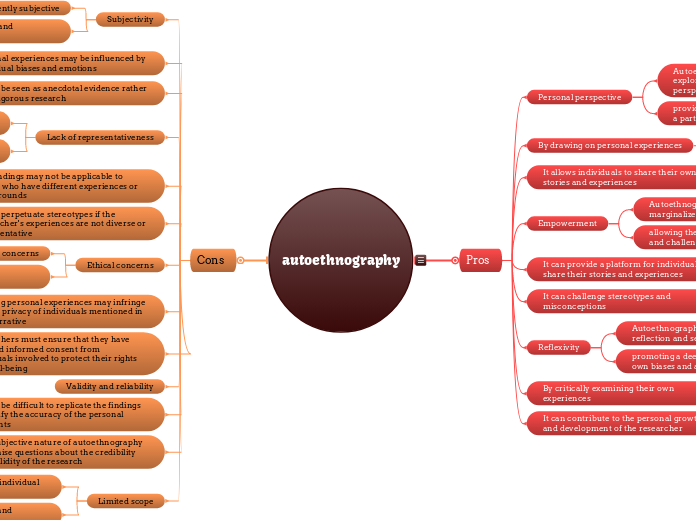

autoethnography
par Steven Blythe
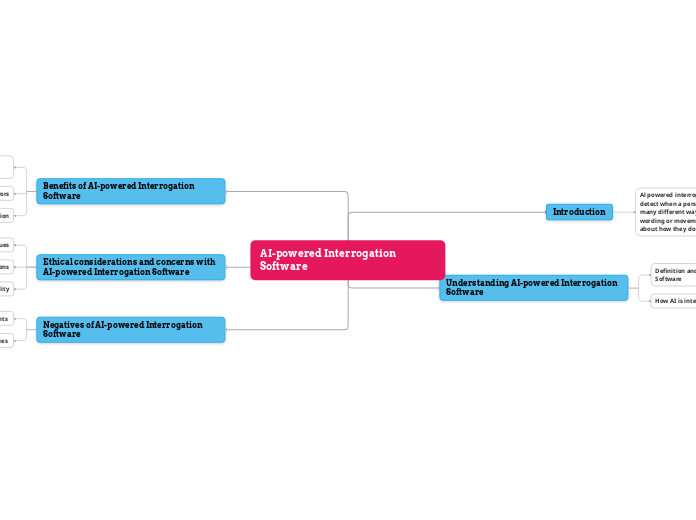

AI-powered Interrogation Software
par Karem Gaber
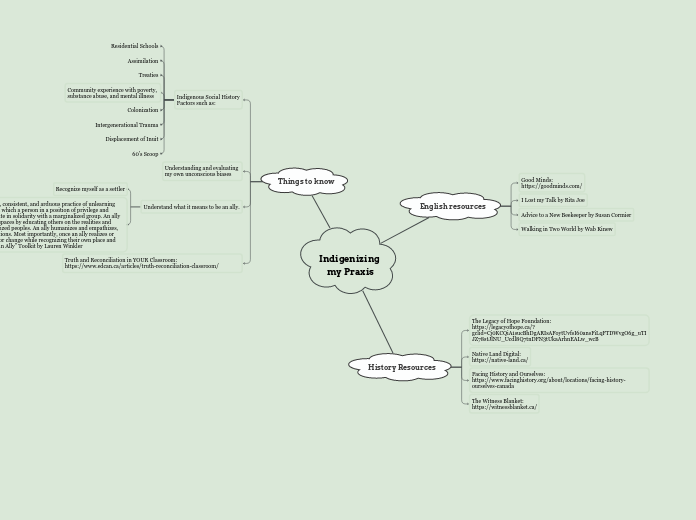

Indigenizing my Praxis
par Shayla Beauchamp
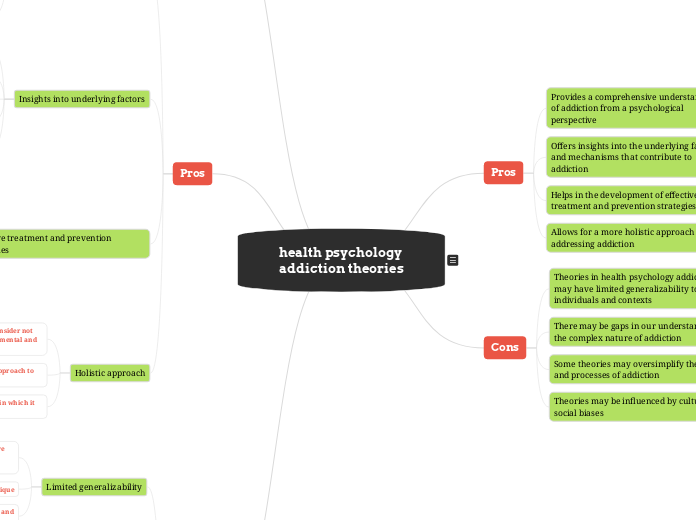

health psychology addiction theories
par Tracy Pickford


Truth
par Dominik Samija
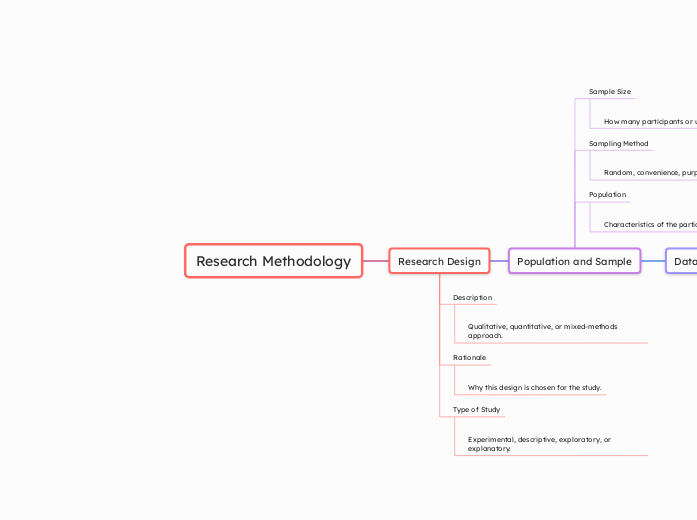

Research Methodology
par Tinaly Yubi
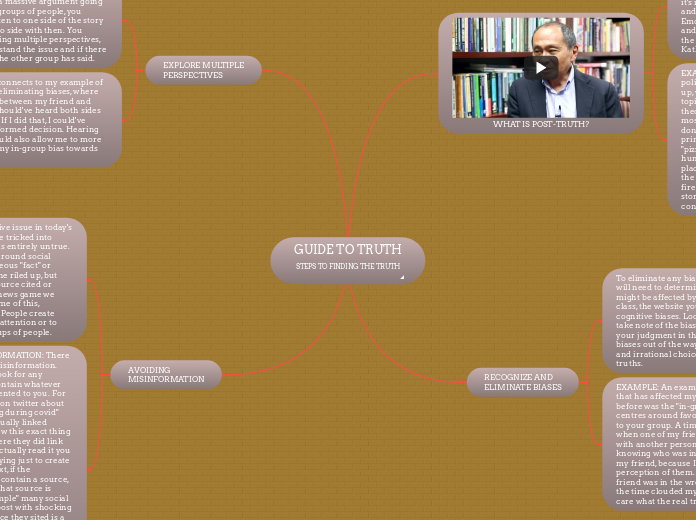

GUIDE TO TRUTH STEPS TO FINDING THE TRUTH
par Callum Lawless-Evans
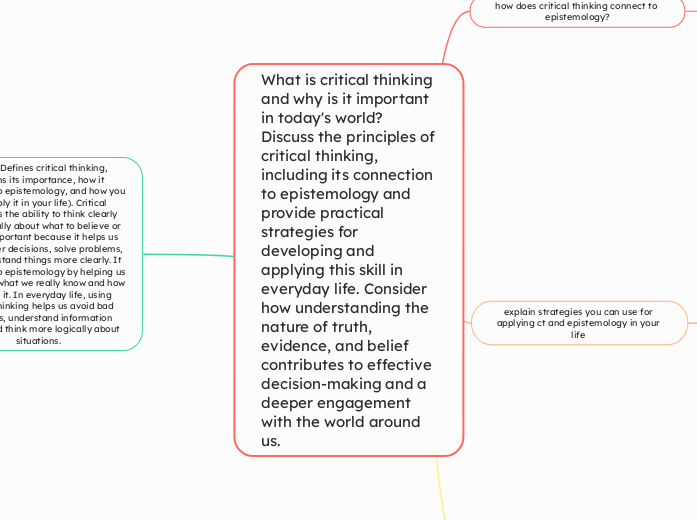

What is critical thinking and why is it important in today's world? Discuss the principles of critical thinking, including its connection to epistemology and provide practical strategies for developing and applying this skill in everyday life. Consider how understanding the nature of truth, evidence, and belief contributes to effective decision-making and a deeper engagement with the world around us.
par Chloe Goofers



